#bird colonies
Explore tagged Tumblr posts
Text

It's breeding season along the Atlantic coast - God bless them all
#Newfoundland & Labrador#Atlantic Ocean#puffins#seacoast#bird colonies#seabirds#rugged coastline#nature photography#nesting season#ornithology#wildlife#maritimes#True North
49 notes
·
View notes
Text


Petit Manan Lighthouse, Petit Manan Island, Steuben. Possibly my favorite lighthouse. In the summer, this island is home to hundreds of birds. Including Atlantic puffins, arctic, common and roseate terns, as well as black guillemots and many more. Decided I couldn't draw them all, but here's a couple attempts to try and capture the island's vibes. Can you spot the oystercatchers? MERCH
#Petit Manan#Petit Manan Island#Petit Manan Light#Petit Manan Lighthouse#Steuben#Maine#Lighthouse#light#island#Maine island#art#illustration#design#sticker#National Wildlife Refuge#Maine Coastal Islands National Wildlife Refuge#Maine Coastal Islands#breeding colony#terns#tern colony#puffin#Atlantic puffin#black guillemot#sea birds#sea bird#arctic tern#flying#in flight#bird#birds
3K notes
·
View notes
Text

putting pressure on elected officials works. let's keep up the pressure to #CeasefireNOW and end the genocide.
Digital illustration of an upset asian woman with long curly hair. She is wearing a striped wrap dress and holding a dove. There's text that reads, 'keep up the pressure, end the genocide.'
2K notes
·
View notes
Text
Palestine Bird Designs
One of the first times I spoke with my friend (the one I am fundraising for) about Palestine he spoke so passionately about how birds represent freedom to him, as they come and go over the walls at will. Israel has caused absolute devastation to Palestine's wildlife, cutting off migratory pathways for land animals and destroying habitats. Birds (though still hurt by habitat loss of course) can pass over the barriers. Watching them fly across the walls is a bittersweet thing for those trapped within them. The flight of birds has represented freedom to so many cultures, but there's a certain extra emotional poignancy that comes with the symbolism for people who are trapped by the same barriers that the birds traverse with ease.
Of course this is not the only reason I make so many bird designs, doves are a standard symbol for peace and I'm also absolutely obsessed with birds in general, but the way my friend told it was very touching and I wanted to share. My various bird designs have gotten a lot of attention the last few days, so I'll compile all my birds so far in one place here:
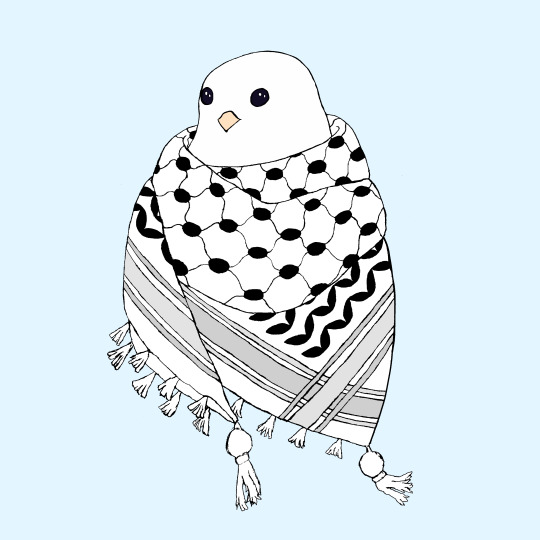
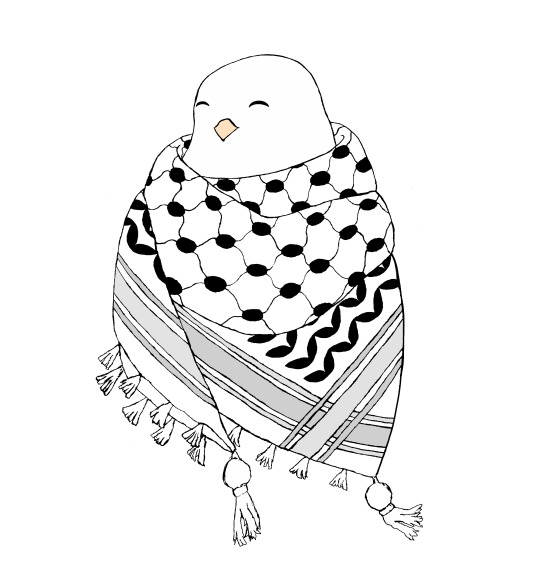
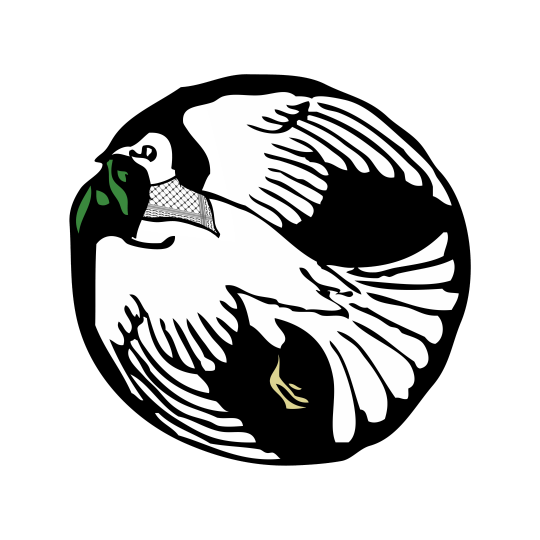
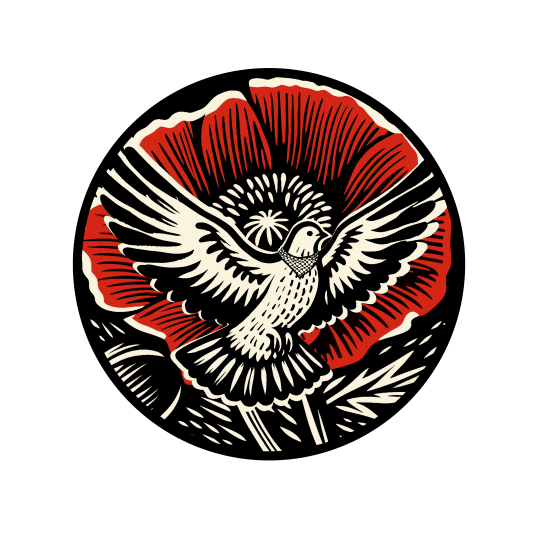


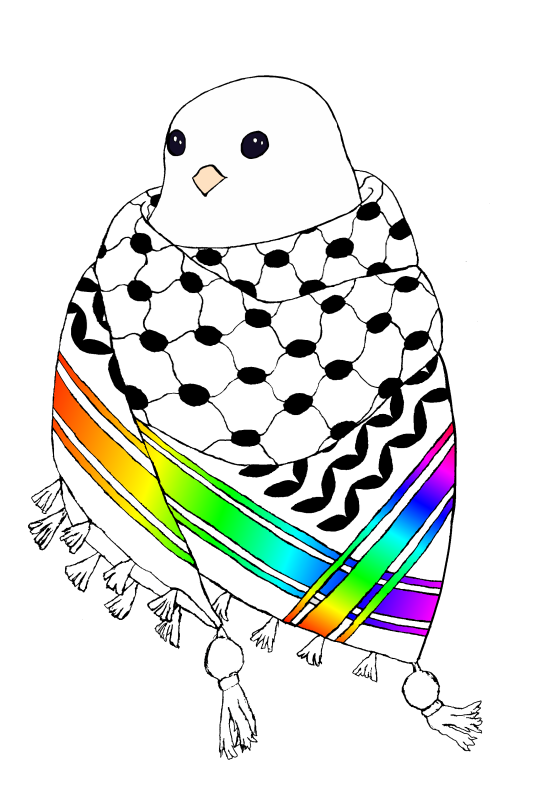

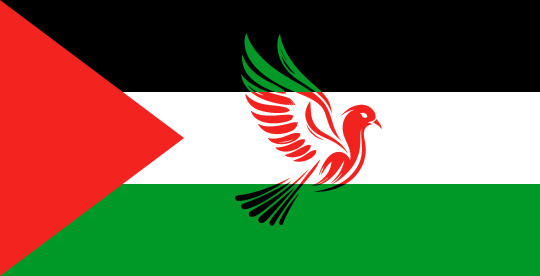
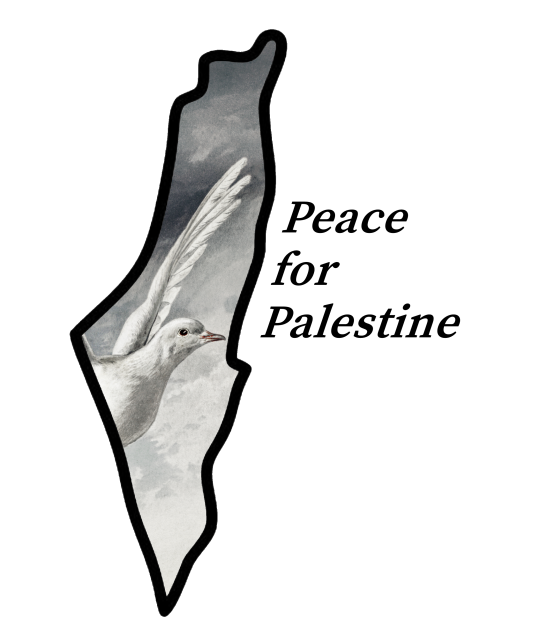
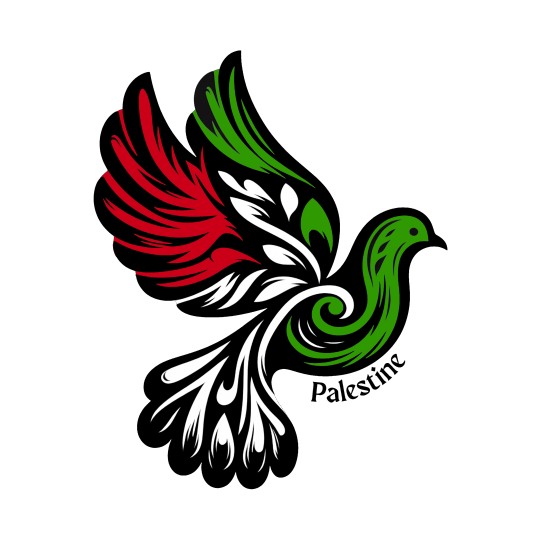

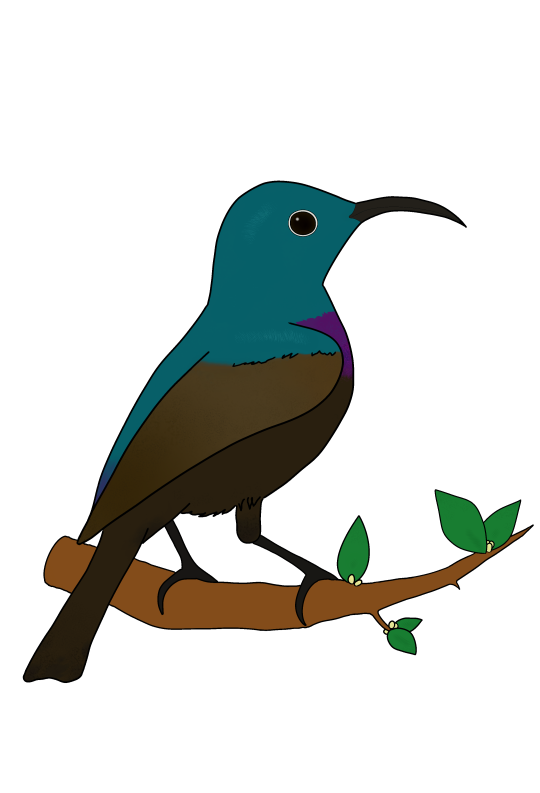
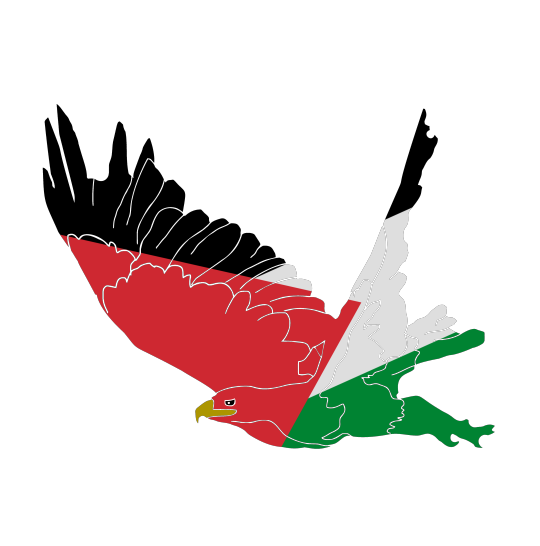
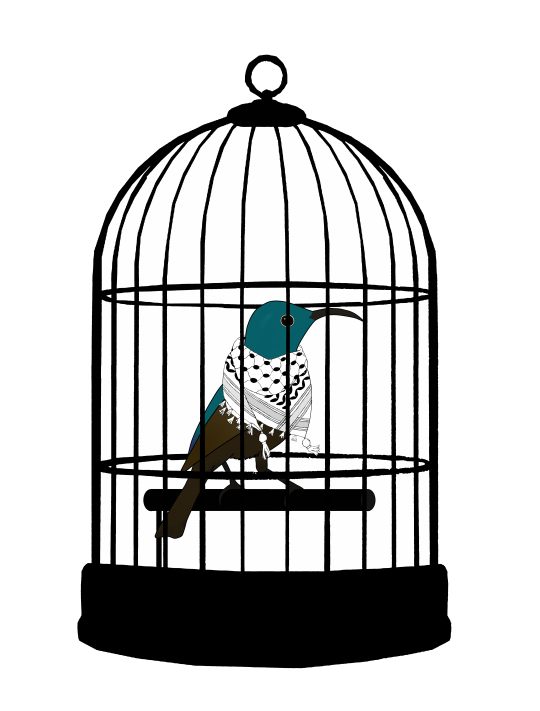


You can find all my designs here. Redbubble will show you a random product, click on it to see all product options (shirts, stickers, notebooks, etc). ALL PROCEEDS will go to my Palestinian best friend to help him afford to bring his girlfriend over to America and to help his other loved ones around the Levant who are being hurt directly and/or financially by the attacks on Gaza, the increasing Israeli raids in the West Bank and the collateral damage in surrounding countries.
#palestine#free palestine#gaza#free gaza#save palestine#jerusalem#colonialism#decolonization#فلسطين#social justice#human rights#stickers#birds#birb#birblr#birdblr#ceasefire#art#gaza strip#gazaunderattack
914 notes
·
View notes
Text
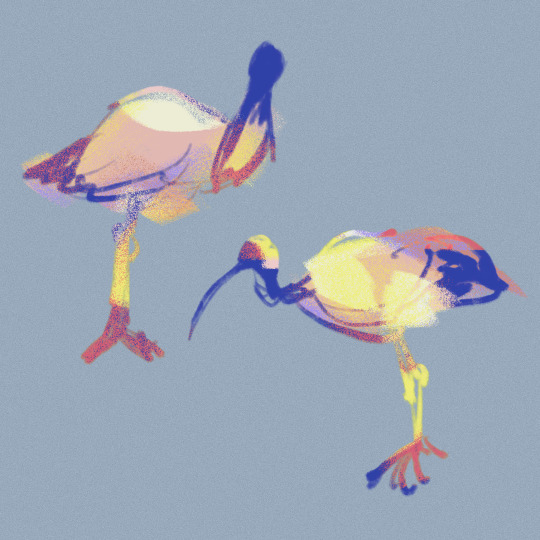
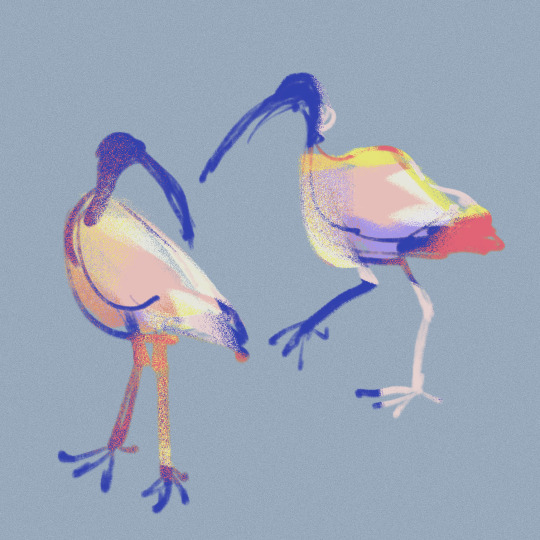
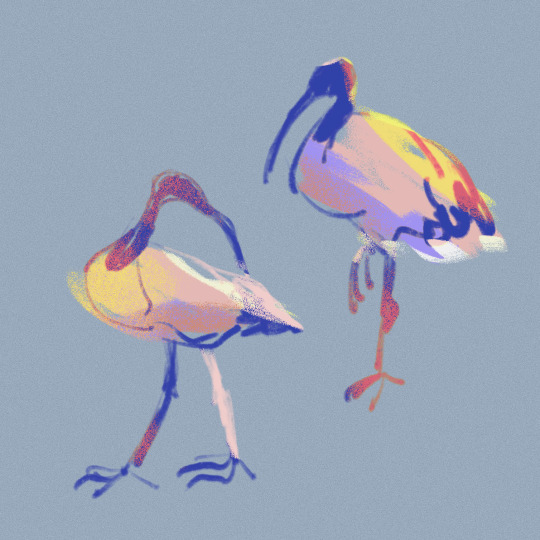
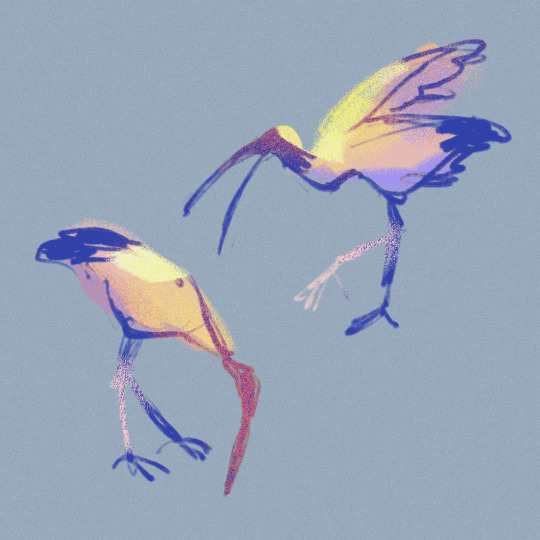
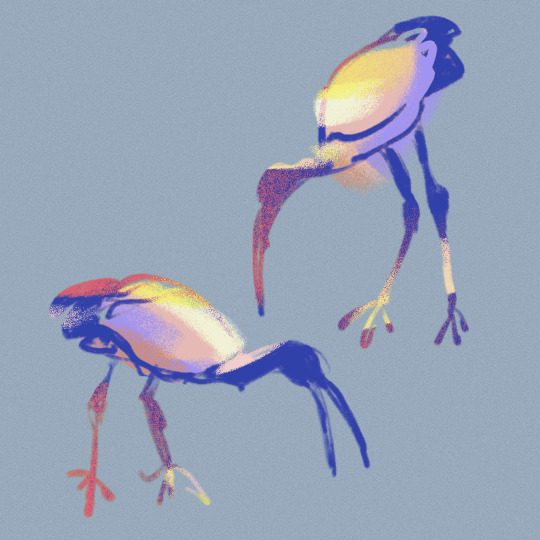
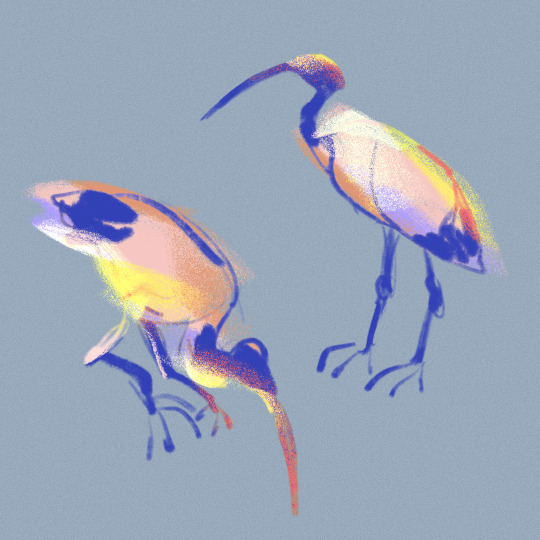
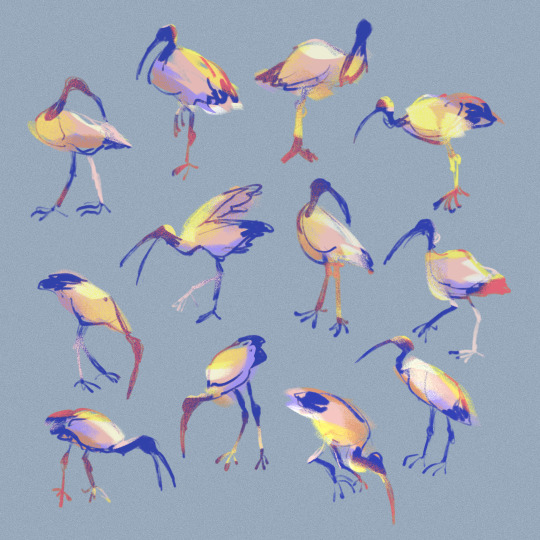
I love ibises and if you hate them then we have beef
#Australia#ibis#i'm tagging them as#bin chicken#purely bc it's what ppl refer to them as and not bc I think it's nice#be respectful to ibises!!!!!!!!!!! they didn't choose the bin life the bin life chose them bc of colonialism!!!!!#straya#fauna#birds#no one from other countries will understand this post and that's ok
94 notes
·
View notes
Text
is there an accepted collective name for waddle dees? for when they're in a group; like how you have a flock or birds or a pack of wolves?
if not can i formally suggest: wuddle.
because it's cute and sounds like a puddle of waddle dees. but also because it's similar to 'huddle' which is used for stationary penguins on land. (penguins are in fact actually collectively called a 'waddle' when they're walking, so there is... you know. That.)
#just like... say it out loud. wuddle. a wuddle of waddle dees. fun and silly!#i could also just go for the more basic 'flock' because it suits my Bird Autism Beam agenda. or 'colony' to pare it right down#but don't they deserve a unique term all of their own?? i figure??#theories and thoughts#i might just go ahead and add this to:#my headcanons and worldbuilding
173 notes
·
View notes
Text

I live closer to the sea now and there’s lots of cool birds here
#progress#cormorant#2025#literally no idea what to tag this this is an anime blog#bird#I guess#there’s also a heron colony here and I still don’t think these birds should be in trees#met one in a forest once and was incredibly confused
45 notes
·
View notes
Text
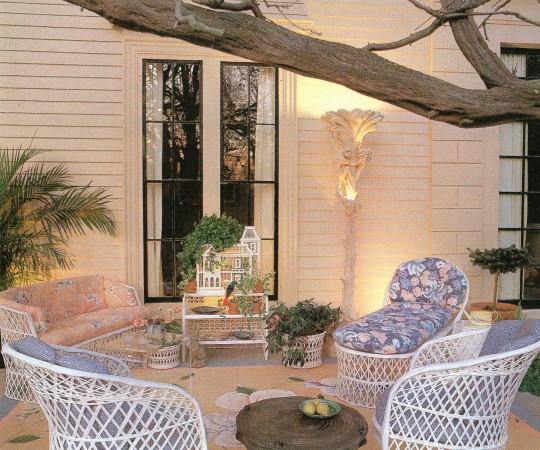
The 'Wisteria Porch' of Georgian Colonial design, was added to Endean, the Charles Summer Bird estate, at the turn of the century. It stretches 80 feet across the front of the mansion and is framed by a canopy of wisteria.
Interior Visions: Great American Designers and the Showcase House, 1988
#vintage#vintage interior#1980s#80s#interior design#home decor#wisteria#porch#Georgian#Colonial#wicker#set#chaise#sisal rug#floral#chintz#mansion#Charles Sumner Bird#birdcage#outdoor living
189 notes
·
View notes
Text

James Giles' Chelsea Bird from Mottahedeh's Colonial Williamsburg Collection
41 notes
·
View notes
Text
#ThreeForThursday:

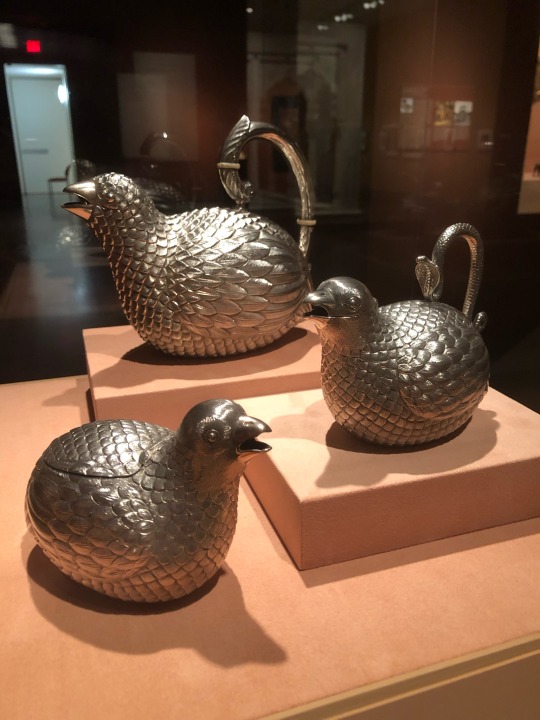
Tea Service in the Shape of Quails
Gujarat (formerly Baroda), India, 1920-30
Silver, gilded silver, ivory
Virginia Museum of Fine Arts display
“The British were not India's only patrons of elegant silver.
Native princes - always engaged in dynamic cultural interchanges with their British overlords - also commissioned silver of the highest quality. Such patronage was nowhere more prominent than in western India, where the rulers of the state of Kutch were champions of their silversmiths. These leaders ensured their region's silver became the best known of India's styles through sponsorship at international exhibitions, beginning with London's Great Exhibition of 1851. This stylishly whimsical tea service in the shape of richly feathered quails was produced by Oomersee Mawjee Jr., son of Kutch's most renowned master silversmith, after he shifted to the employ of another western Indian ruler, Maharaja Sayajirao Gaekwad III of Baroda.”
#animals in art#20th century art#museum visit#birds in art#bird#birds#quail#Indian art#South Asian art#Asian art#colonial art#silver#tea service#metalwork#1920s#Virginia Museum of Fine Arts#Three for Thursday#trio
61 notes
·
View notes
Text
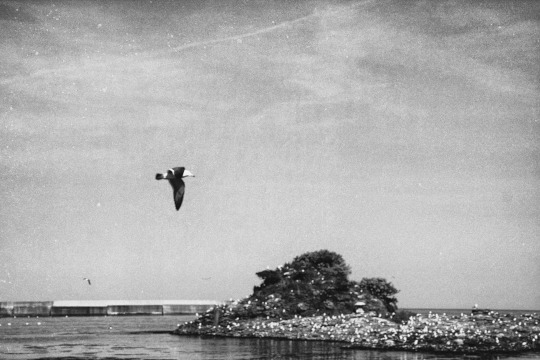
Jumy-M Black-tailed gull in flight / 海猫が往く
159 notes
·
View notes
Text

Matinicus Rock Light, Penobscot Bay, Matinicus, Maine. Hunting and eating puffins was common practice in Maine over 100 years ago. The first lighthouse keepers on the rock were also wardens, hired by The American Ornithologists Union. They were tasked with protecting The United State's last remaining pair of Atlantic puffins, as well as many other commonly hunted seabird species. Today, Matinicus Rock is owned by the U.S. Fish and Wildlife Service's Maine Coastal Islands National Wildlife Refuge, and is cooperatively managed by the National Audubon Society and MCINWR. Thanks to their work and the work of Project Puffin, there are over 500 pairs of nesting puffins, plus 400 pairs of razorbills, 1,000 pairs of terns, about 700 pairs of laughing gulls, and more.
#Matinicus Rock#Matinicus Rock Light#Penobscot Bay#Matinicus#Maine#lighthouse#maine#maine lighthouse#nesting colony#puffin#puffins#breeding colony#puffin colony#us fish and wildlife#MCINWR#Maine Coastal Islands National Wildlife Refuge#wildlife#wildlife refuge#maine landmark#illustration#art#jada fitch#maine art#maine island#maine islands#drawing#design#maine birds#birds#sea birds
438 notes
·
View notes
Text
Palestine Sunbird
The end of the ceasefire is heartbreaking but sadly not unexpected. I am still uploading Palestine designs regularly, ALL PROCEEDS will continue to go to my Palestinian best friend to help his loved ones through this war. He is the sweetest person in the world (and a truly brilliant scientist) and he deserves so much better than this. All designs found here.
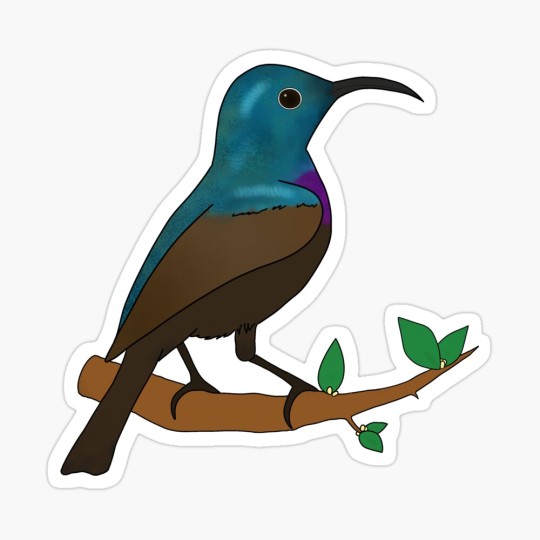

The Palestine sunbird is a beautiful little passerine found around parts of the Middle East and Africa. They look somewhat like giant hummingbirds (though that is entirely convergent evolution, hummingbirds are actually in the same clade (Strisores) as potoos and frogmouths and stuff which is wild to me). These little guys were adopted as Palestine's national bird in 2015. My drawing is available on shirts, stickers, mugs and more.
...and I'm just realizing right after I posted this that the work isn't showing up right now since I tweaked the title in my shop. Hopefully it will be back promptly, until then my Redbubble has plenty of other designs to support my friend including a couple doves with keffiyehs. Sorry, Redbubble is a little neurotic about checking art with "controversial" keywords.
Edit: okay he's back
#palestine#free palestine#gaza#free gaza#save palestine#colonialism#decolonize#فلسطين#social justice#human rights#palestine sunbird#sunbird#ornithology#birdblr#birds#ceasefire#redbubble
861 notes
·
View notes
Text

Necks, please
A colony of mute swans at the Abbotsbury Swannery in Dorset. There are around 600 birds at the swannery, which was established by Benedictine monks.
Photograph: Stephen Smith
#stephen smith#photographer#swans#bird photography#swan colony#abbotsbury swannery#dorset#nature#animal
22 notes
·
View notes
Text
[T]he infamous Diable (Devil’s Island) [French prison in Guiana, South America] [...]. Seventy thousand convicts were sent to French Guiana between 1852 and 1938. [...] Alongside deportation of political prisoners [...], a [...] convict population [...] was sent to the bagne (common parlance for the penal colony) [...] as a utopian colonial project [...] via the contribution convict labour would make towards colonial development in French Guaina. However, [...] French Guiana [...] was predominantly used as a depository for the unwanted citizens of France and its colonies. The last remaining French and North African convicts were repatriated in 1953, whereas the last Vietnamese prisoners were not given passage home until 1954 [...].
[T]he same form of built environment and carceral technology [...] structures found on Con Dao [French prison in Vietnam] and [the French prison in Guiana] [were] built at almost the same time [...] to house the same convict populations (Vietnamese implicated in anticolonial struggles) [...]. Old world colonialism is thus displaced by new world imperialism. Both rely on the prison island and its cellblocks. [...]
---
The carceral continuities [...] throughout France’s penal colonies are supplemented by legal exceptionalism which works to redefine colonial subjects within shifting political contexts. [...] Many of the Indochinois convicts transported to the forest camps of French Guiana in 1931, including the Bagne des annamites, had originally been classed as political prisoners. The transfer was intended in part [...] to remove a number of anticolonial actors from Indochina. [...]
As political deportees sent to French Guiana were usually exempt from labour according to the political decree of 1850, this status had to be revoked to ensure the maximum labour force possible.
Consequently, those arrested on suspicion of specific acts of violence or property damage were reclassed as common criminals. Described by Dedebant and Frémaux (2012, 7) as “little arrangements between governors,” this was not simply a sleight of hand but written into legal codes. [...]
---
[M]any of the Vietnamese sent to French Guiana had to wait until the 1960s to be repatriated. [...] After their sentences were completed, convicts were not simply repatriated to France or other colonies.
A system of “doublage” intended to shore up colonial development meant they had to serve the same length of their sentence again on the colony. For those condemned to eight years or more, this became life. Opportunities for sustainable livelihood were limited in a territory possessing swathes of free convict labour. Worn out and sick from their time in the bagne, most of these men were unfit to work and relied on charity to survive. [...]
[T]he last living convict [of the Guiana penal colony] [...] died in Algeria in 2007 after being repatriated to Annaba. In an interview given in 2005, he claims that every night he dreams he is back in Cayenne: “when I think about it, I get vertigo, I spent my life there” [...].
---
All text above by: Sophie Fuggle. "From Green Hell to Grey Heritage: Ecologies of Colour in the Penal Colony". Interventions: International Journal of Postcolonial Studies, Volume 24 (2022), Issue 6, pages 897-916. Published online 8 April 2021. At: doi dot org slash 10.1080/1369801X.2021.1892507 [Bold emphasis and some paragraph breaks/contractions added by me. Presented here for commentary, teaching, criticism purposes.]
#just arrest the activists and send them to the prison labor camp oh wait we arent technically legally allowed to force them to work#then just reclassify them not as political prisoners but instead as general criminals and then we can force them into slavery i mean labor#oh no wait now they finished serving their sentence and we cant force them into labor anymore#wait yes we can just change more rules so they cant go back home and have to work nearby#two or three or four birds with one stone#ecology#abolition#landscape#colonial#imperial#indigenous#multispecies#haunted#caribbean#tidalectics#archipelagic thinking#intimacies of four continents#carceral geography#geographic imaginaries
88 notes
·
View notes
Text

#161#1312#anarchism#anarchist#wild birds#birds of prey#angry birds#cute birds#birds#bird photography#birdwatching#bird art#bird#ausgov#politas#auspol#tasgov#taspol#australia#fuck neoliberals#neoliberal capitalism#anthony albanese#albanese government#anti capitalism#antifascist#antiauthoritarian#antifaschistische aktion#anti imperialism#anti colonialism#anti cop
8 notes
·
View notes